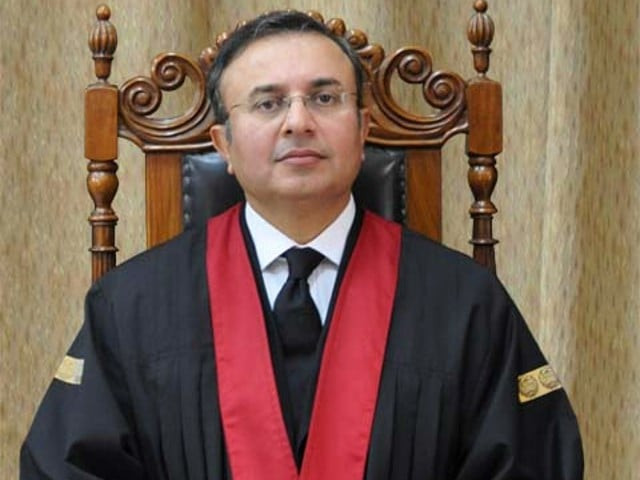Islamabad:
The Supreme Court has indicated that it cannot remain indifferent to the systemic discomfort of the delay in the award of cases, and added that delayed justice does not only deny justice, justice is often extinguished.
In a four -page verdict on an appeal filed against an order of the Superior Court in an auction case, the SC regretted that the petitioner appeal in the case remained pending before the Superior Court for ten years, while the SC took the SC to carry the matter.
The verdict written by Judge Syed Mansoor Ali Shah said that the question that attracted the attention of the Court was not limited to the validity of the auction; Rather, it was extended to whether significant relief could be granted after the fourteenth year. “Even if the request of the petitioner had merit, the sandy sands have eroded their power,” he said.
The verdict said that it is beyond Cavil that the delay in the award of cases by the courts at any level of the justice system corrodes public confidence in the Judiciary, undermines the rule of law and disproportionately harms the weak and vulnerable that cannot pay the cost of prolonged litigation.
“The delay in the award involves serious macroeconomic and social consequences: deteriorate the investment, makes the contracts illusory and weakens the institutional legitimacy of the Judiciary.
“The credibility of a justice system is based not only on the equity of its decisions but also on punctuality with which these decisions are said. The problem is not simply administrative, it is constitutional.”
He declared that the right to access justice is guaranteed by articles 4, 9 and 10 of the Constitution and covers within it the right to a fair and timely trial. Delays that makes a remedy ineffective or a correct illusory amount to a denial of due process. Justice, to be real, must be fair and timely.
The verdict said that more than 2.2 million cases are currently pending before the courts throughout Pakistan, including approximately 55,941 cases before SC only despite improving the number of judges. These figures, he said, are not abstract, represent disputes suspended over time.
He said that the delay in award is not simply a byproduct of the congestion of the file or inefficiencies at the branch level; It is a deeper structural challenge of judicial governance.




